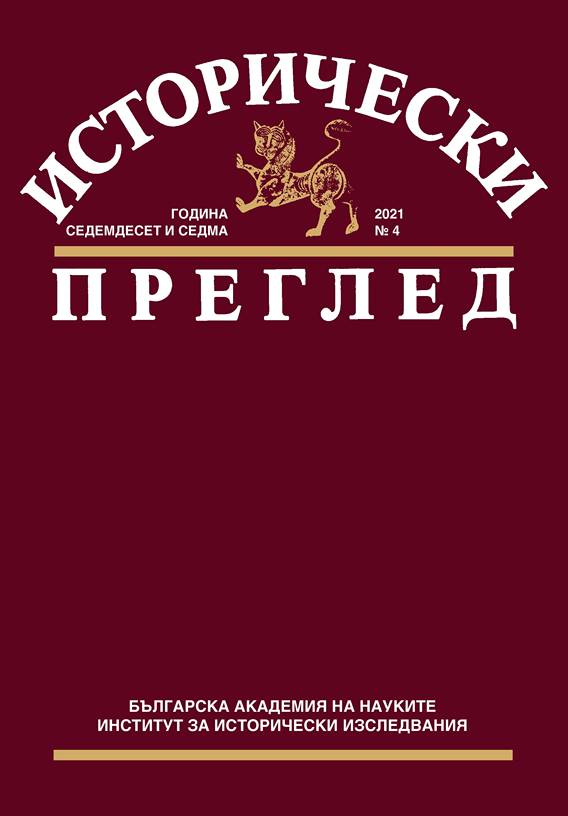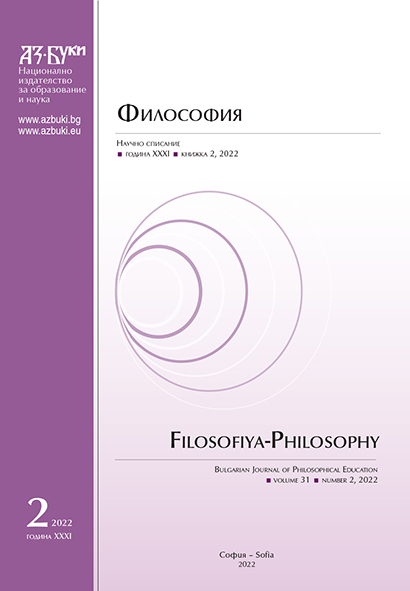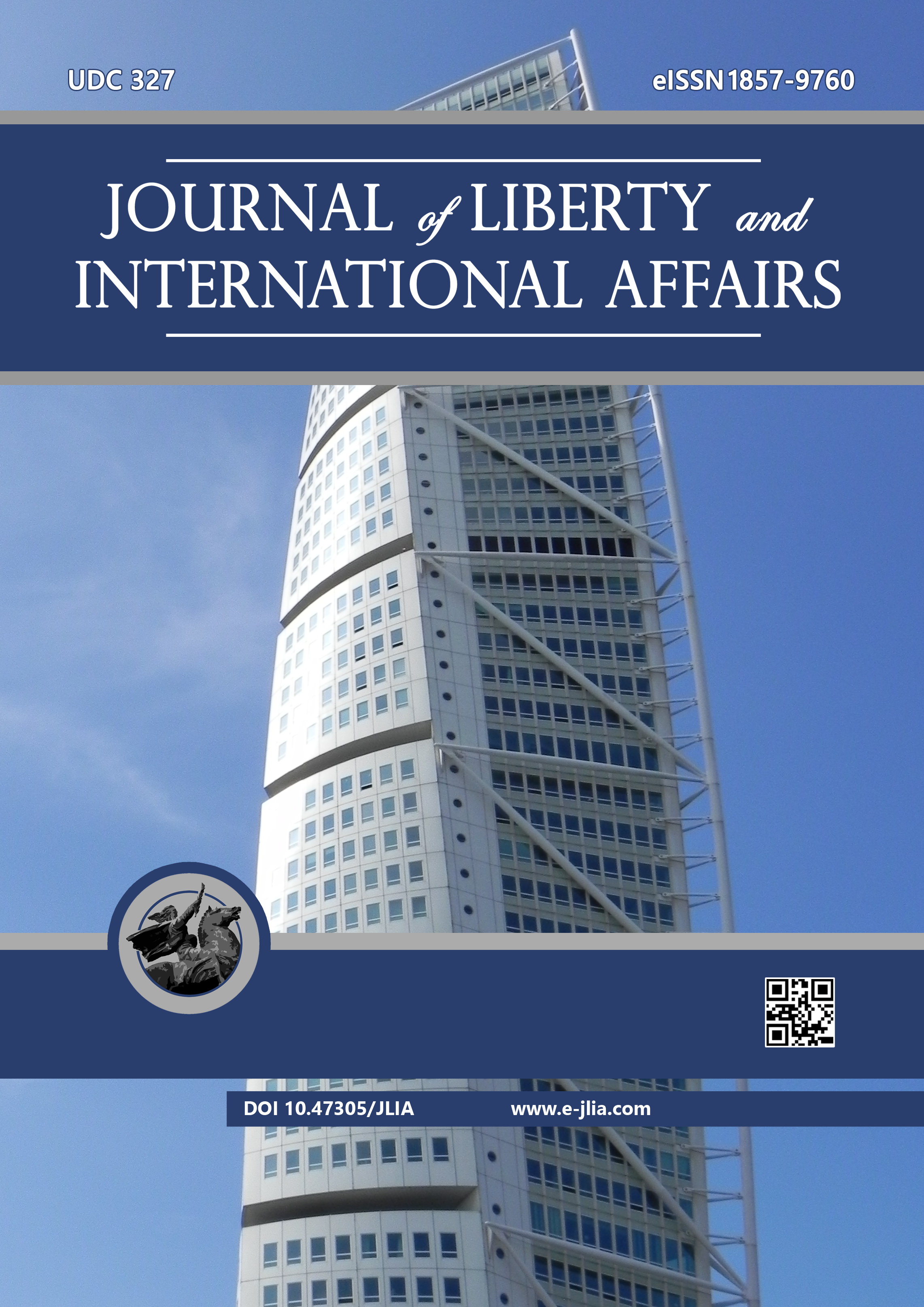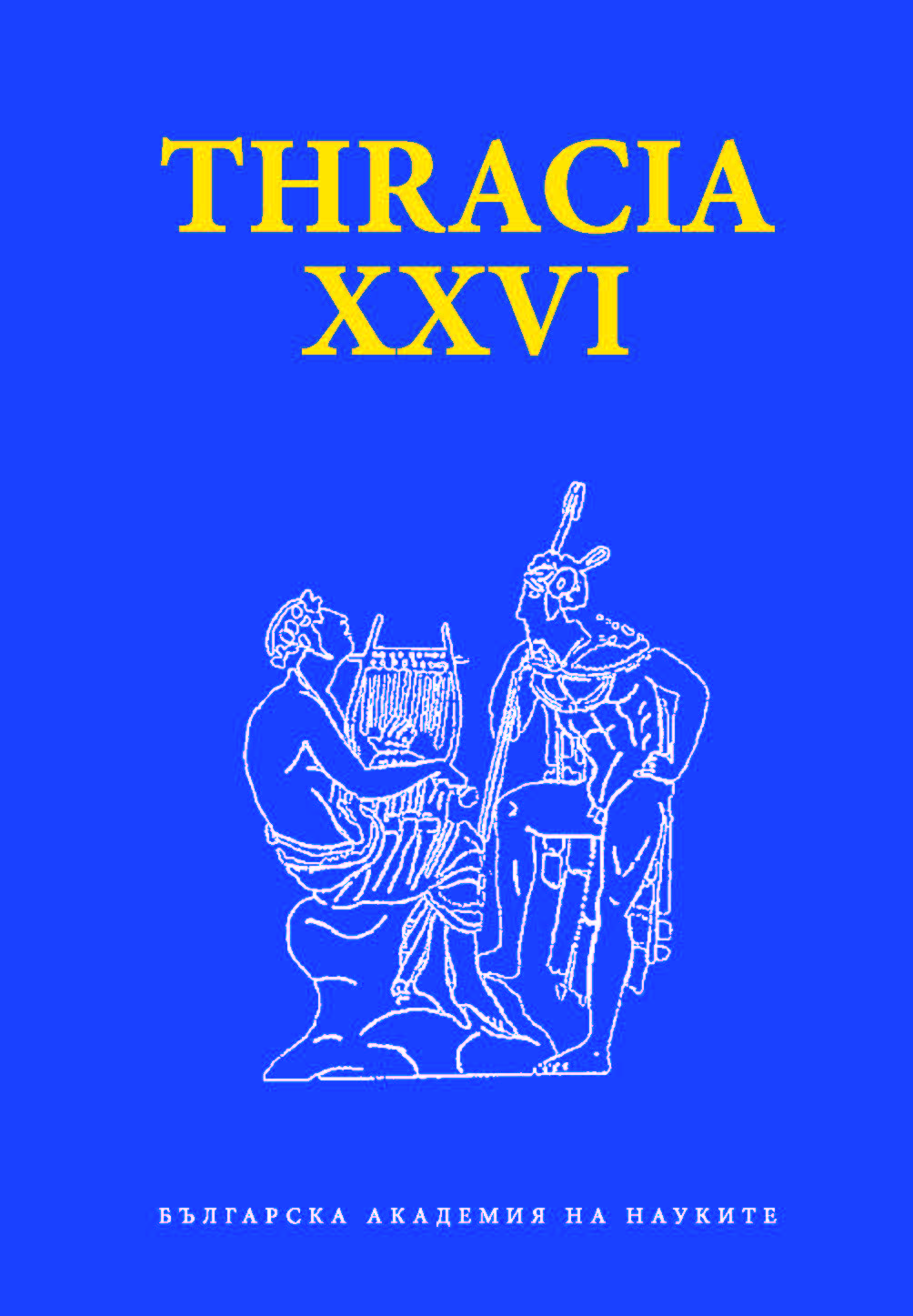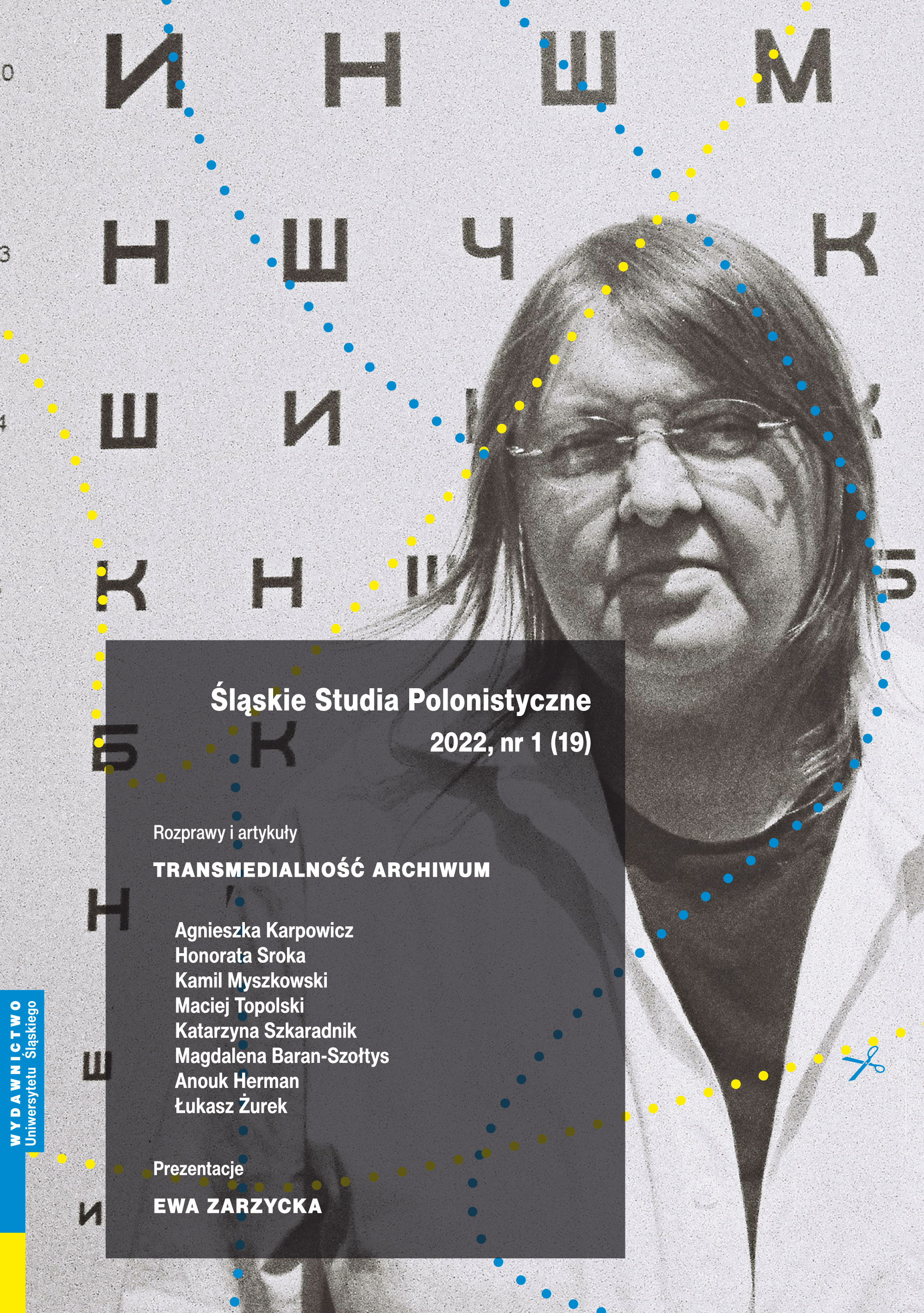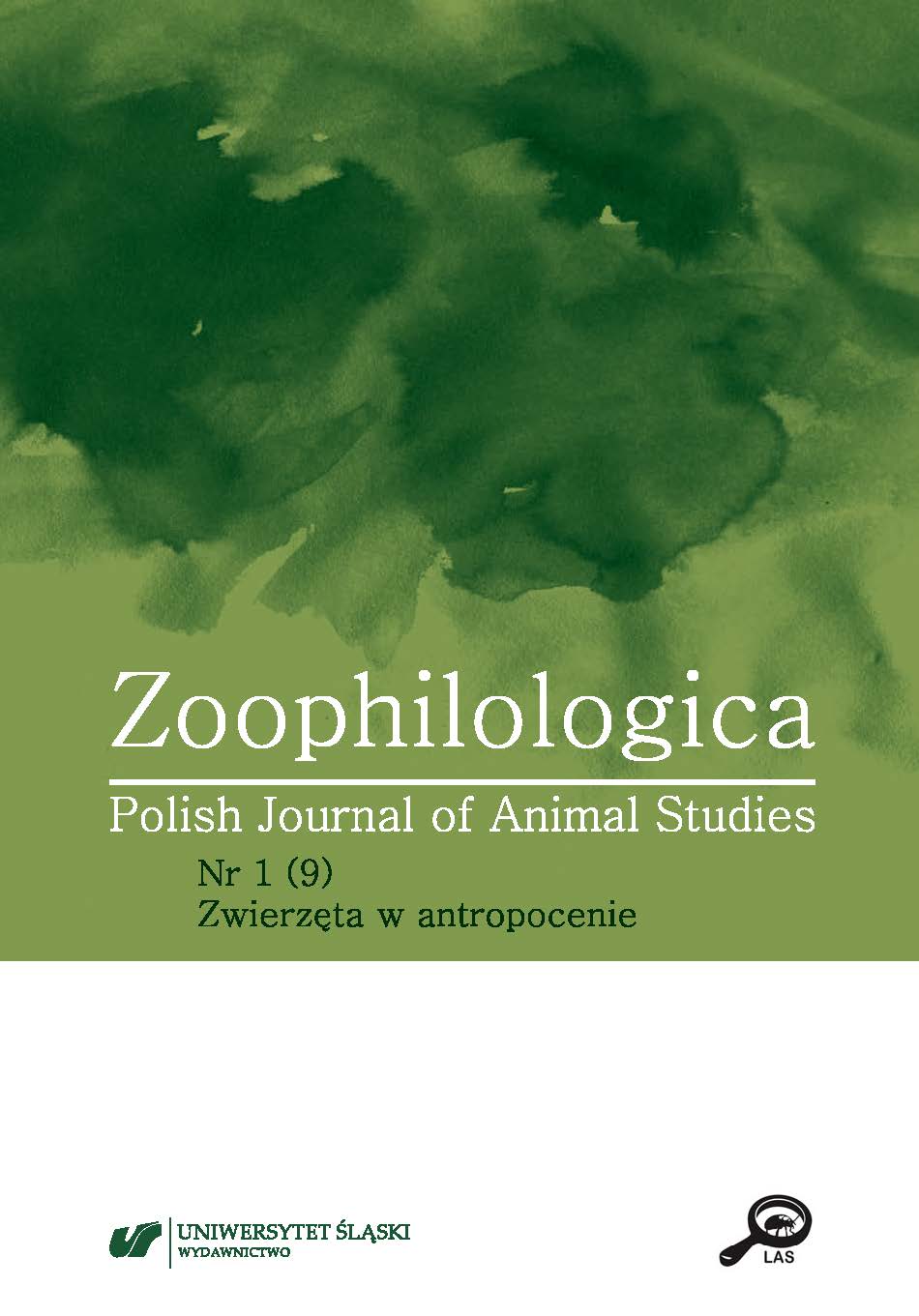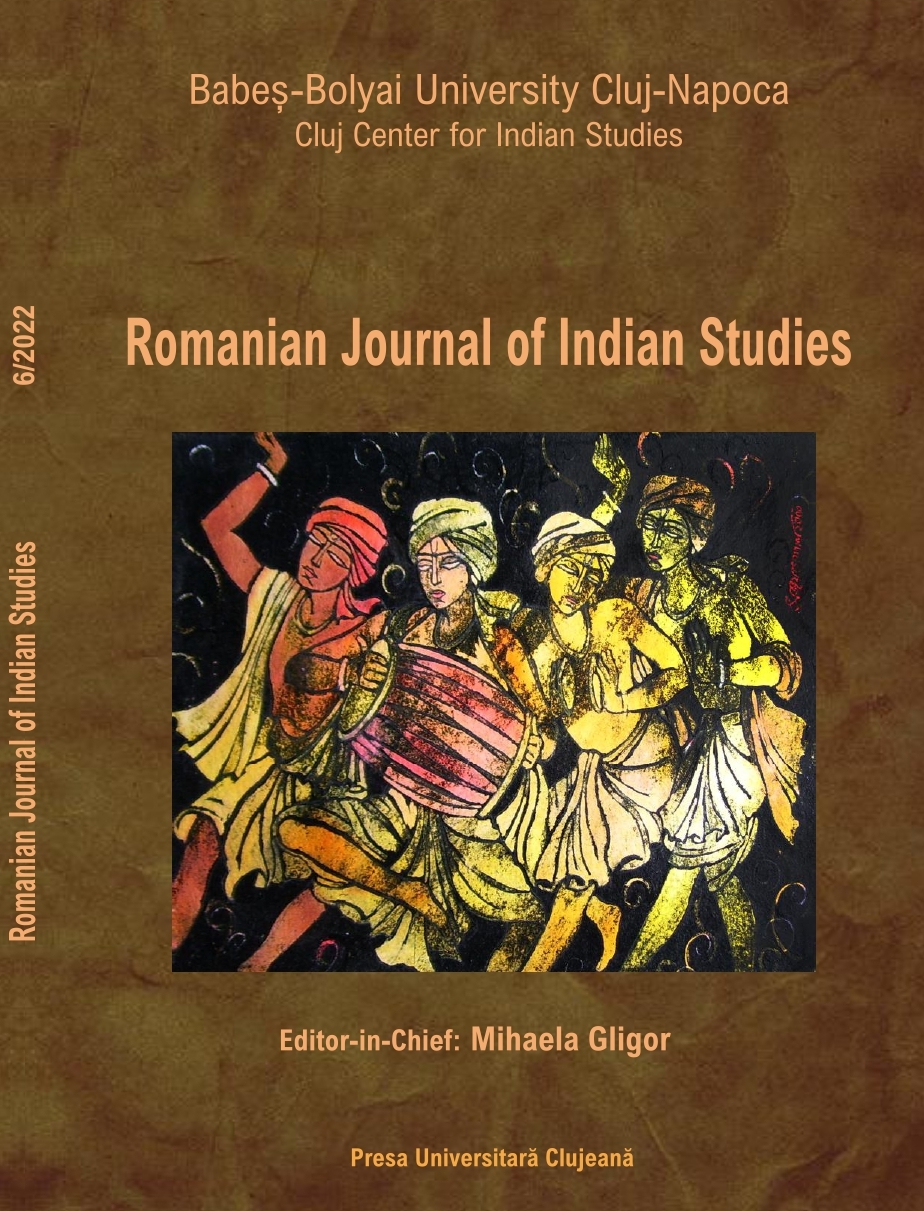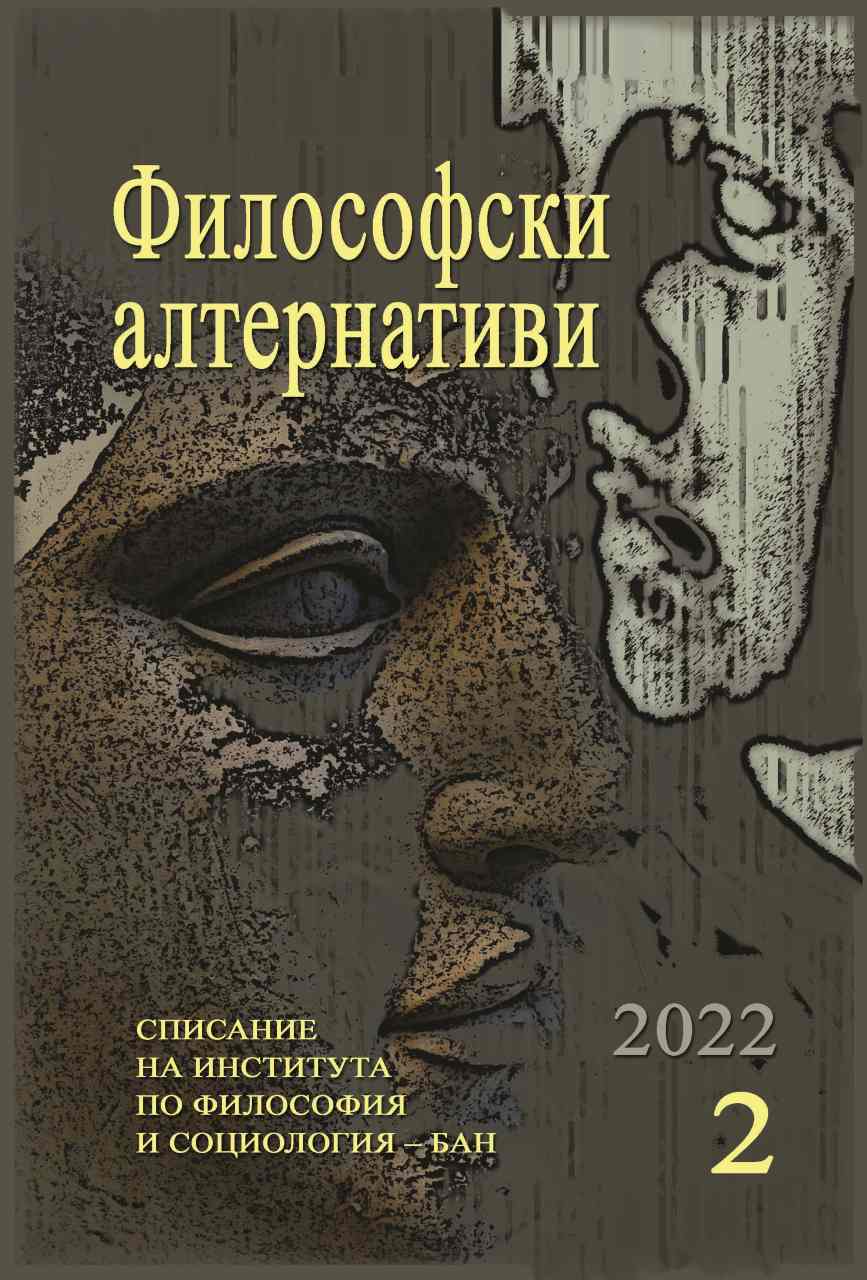
За естетическите ценности в контекста на интегралния подход у Радослав Цанов
The text analyzes the role of aesthetic experience for Radoslav Tsanoff, an American philosopher of Bulgarian origin. The article is structured in the following directions: creativity and innovation in science and art (differences and analogies); art and culture as part of a new scale of values; aesthetic experience as participation in the perspective of the theory of shared values; role and importance of culture (spirit of cosmic scale and depth). The conclusion is that these are in harmony with the general direction in his work, including the need for an integral approach and a new scale of values.
More...
